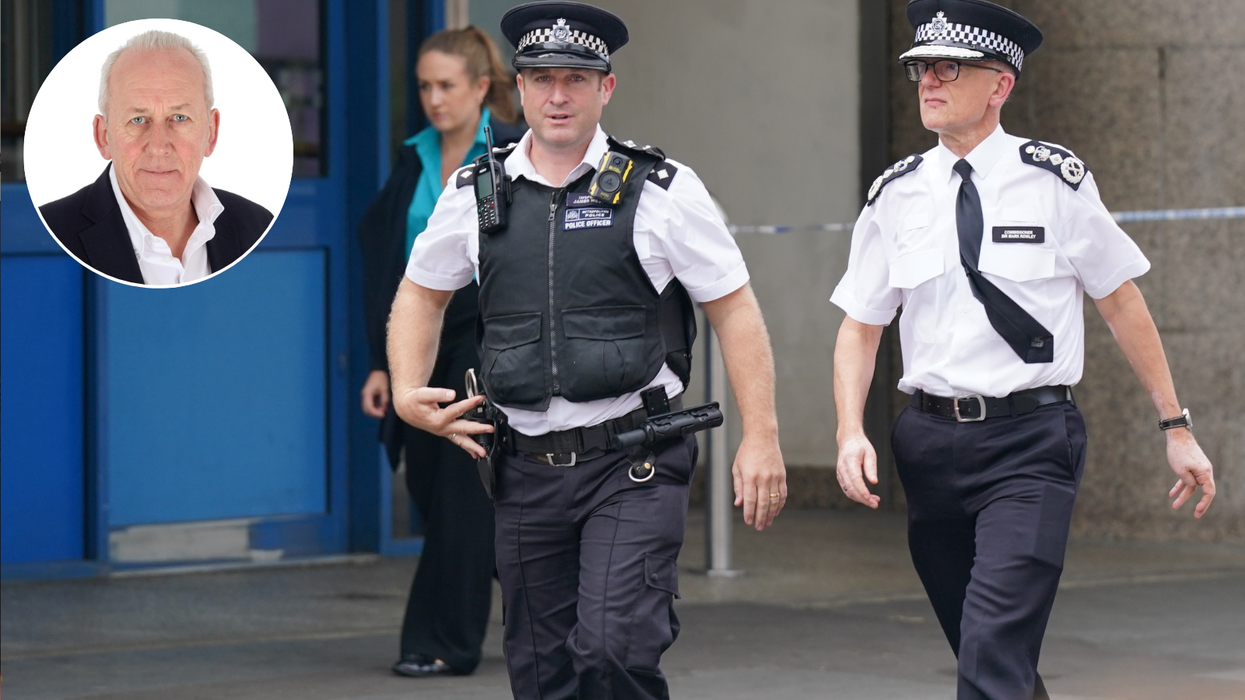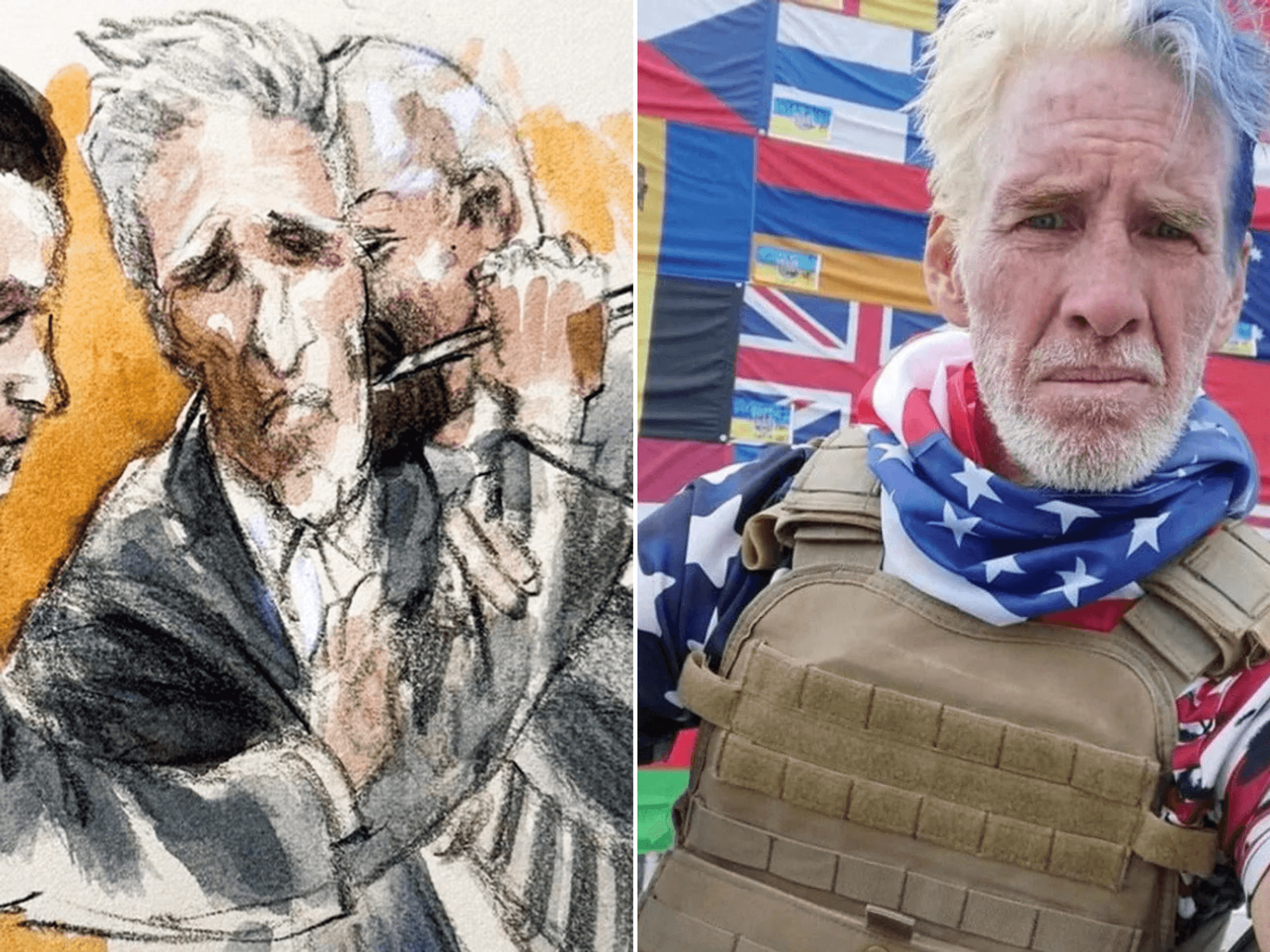'I've been policing for decades and I've never seen our forces threatened with extinction like they are now' - Peter Bleksley

Peter Bleksley has condemned modern day policing
|PA

Peter Bleksley was a police detective for Scotland Yard for more than 20 years
Don't Miss
Most Read
Latest
Once upon a time in the world of policing, every crime, and yes, I mean every crime, was thoroughly investigated.
Not every crime was solved of course, but every victim was visited, got to know the name of the investigating officer, knew which police station that they were attached to, and felt that the crime they had been a victim of, mattered.
As years went by, university educated senior police officers turned police forces into police services, degraded and downplayed the role of detectives and the CID, closed police station canteens and bars, and dreamed up insulting terms such as ‘low-level’, to describe the crimes that effect millions of decent, law-abiding and formerly police supporting Britons.
In vast swathes of the UK today, if you are unfortunate enough to become a victim of burglary, car crime, phone or bicycle theft, or fraud, then in all probability your crime will not be investigated, and you will have to make do with a crime reference number, which will be supplied to you by a nameless, faceless call handler, or an automated email system.
And if you are a shopkeeper whose business is regularly targeted by thieves, then you have my utmost sympathy.
Those same highly educated police chiefs will try to convince you that the reason so many people no longer trust the police is because of the horrors committed by Wayne Couzens, David Carrick and others, and whilst that has had some impact, huge numbers of people no longer respect the police because they turned their backs on you, me, and countless other victims, whilst they were only too quick to paint rainbows on their cars and faces, dance the macarena, be photographed smiling as they waved the flags of whatever minority community they could curry favour with, all whilst failing to arrest those who laid down in the middle of the road, or openly spewed hate during protest marches.
Among the endless nonsense that some of the policing powers-that-be churned out was the ridiculous saying, ‘We are the service that always says yes.’ They used this drivel as an excuse to justify why their offices were not dealing with crime but spending huge amounts of their time dealing with sorry souls experiencing alcohol, drug, relationship or mental health issues, all of which could, and should be dealt with by other agencies.
Another unwelcome by-product of senior police officer’s obsession with higher education was the increasing grip that the world of academia now has over policing. In recent times many universities have developed entire departments dedicated to policing, where professors, doctors and their acolytes, many of whom have never held a warrant card, and who look down their noses at the rough and tumble of catching burglars, robbers, drug dealers and car thieves, develop policy that Chief Constables, and the hugely discredited College of Policing, simply lap up.
Meanwhile, an increasing tide of teenage bloodshed flows through our streets, and criminals act with impunity.
I meet victims of crime on an almost daily basis. What is becoming increasingly clear to me is that huge swathes of the public want the police to get back to properly investigating crime, to dealing with offenders robustly when necessary, and to making the streets safer.
The sooner our senior police grow a spine and equip and instruct the frontline to put the moderate mainstream of Britain at the front of their thinking, the better.
If they fail to do this, then respect will remain low or non-existent, the police will remain an irrelevance for many, and the current policing model may soon become extinct. They have been warned.










